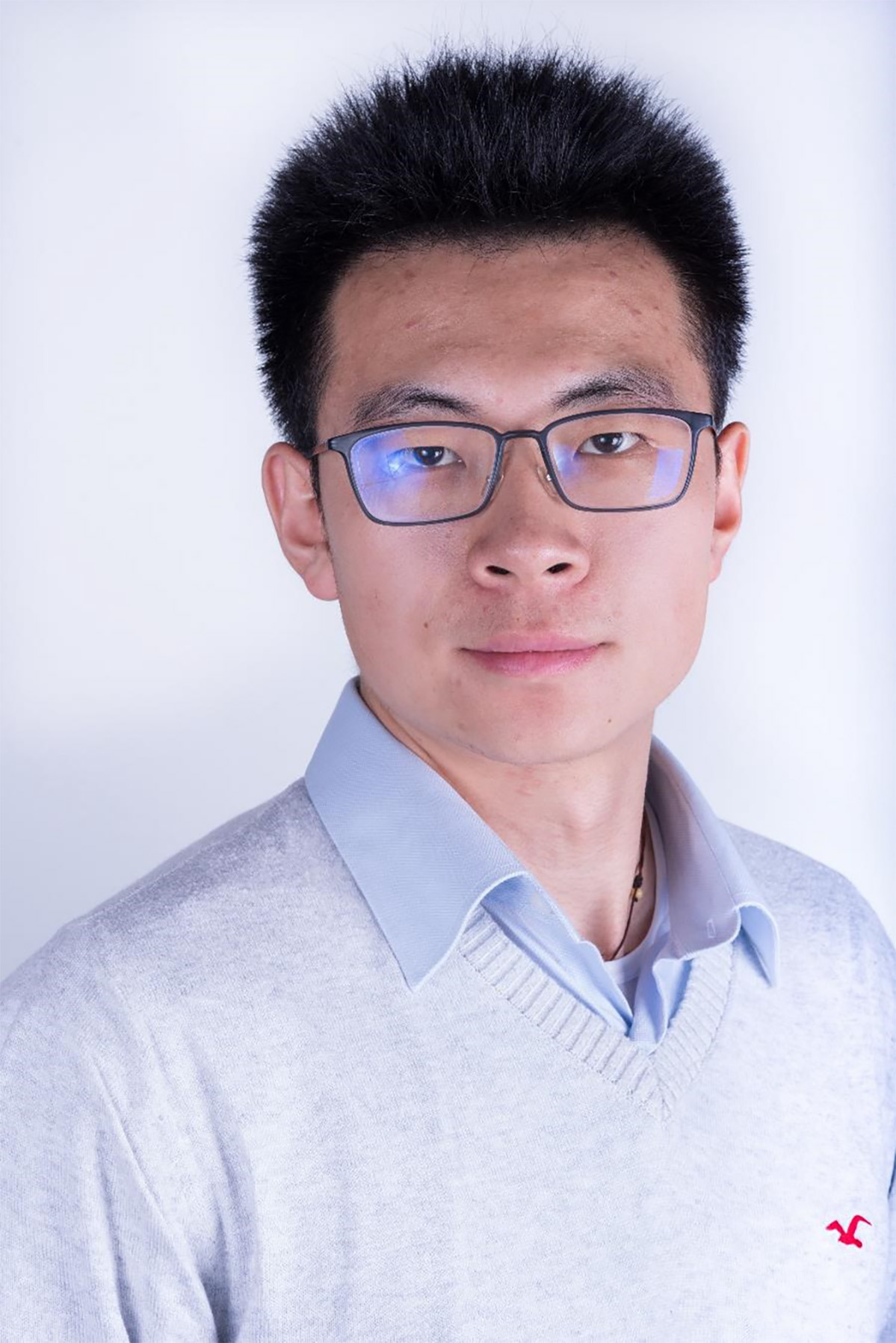Dr. Jiaru Bai completed a BEng in Chemical Engineering at the University of Manchester with first-class honours, receiving the Best Final Year Student Award in 2018. He completed an MPhil in Advanced Chemical Engineering at the University of Cambridge in 2019, and a PhD in 2024 in the CoMo Group at the same university as a Cambridge Trust Scholar, with a thesis titled "A dynamic knowledge graph approach to self-driving chemical laboratories."
We asked:
Can you describe your current research project?
I am developing a cognitive operating system for self-driving labs that supports dynamic, heterogeneous workflows and adapts to unforeseen conditions. This system aims to enhance autonomous decision-making in experimental processes, particularly for unmanned scenarios.

How did your research journey bring you to UofT?
Toronto is a global hub for self-driving lab and AI research, making it the ideal place to advance my work. Since my time as a graduate student, I have been deeply inspired by the groundbreaking research from Prof. Alán Aspuru-Guzik’s lab. The Schmidt Fellowship’s interdisciplinary platform and collaborative network at UofT align perfectly with my vision of developing robust, generalizable systems for autonomous research, and given the focus of my PhD thesis, joining UofT as a Schmidt Fellow to work with Prof. Alán Aspuru-Guzik is truly a dream come true.
That's right--you’ve recently received the Eric and Wendy Schmidt AI In Science Postdoctoral Fellowship. Congratulations! How will this support your research—what will it help you achieve?
The fellowship provides a unique opportunity to collaborate with leading researchers at the Acceleration Consortium and the Vector Institute. Engaging with this dynamic research community will accelerate the prototyping and iteration of my ideas. I am excited to contribute to cutting-edge AI for Science research and drive real-world applications forward.
What do you think is the most exciting development in chemistry today?
The push toward standardization and automation in chemistry is incredibly exciting for me, especially as self-driving labs have been recognized as one of the seven breakthrough technologies to watch in 2025, according to Nature. These advancements are transforming how we conduct scientific discovery.
How do you see your research impacting the field of chemistry?
My research aims to drive standardized, autonomous, and accelerated scientific discovery, addressing global challenges by making experimentation more efficient, reproducible, and scalable.
I am excited to contribute to cutting-edge AI for Science research and drive real-world applications forward. --Jiaru Bai
Related Links:
Read Jiaru's thesis at: "A dynamic knowledge graph approach to self-driving chemical laboratories."
Read more the about Schmidt AI in Science Postdoctoral Fellows from the second cohort, including Chemistry postdoctoral fellow Ishrath Mohamed Irshadeen, whose research focuses on using machine learning to model peptoids to predict their solubility in different environments.


